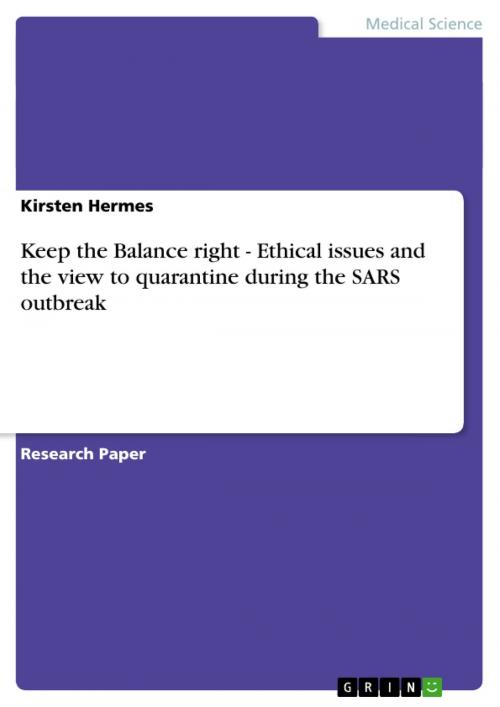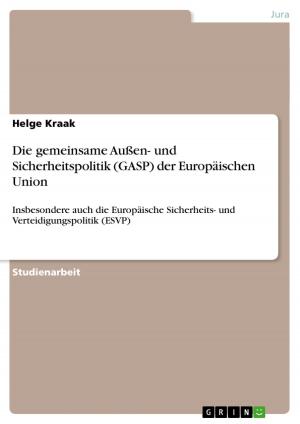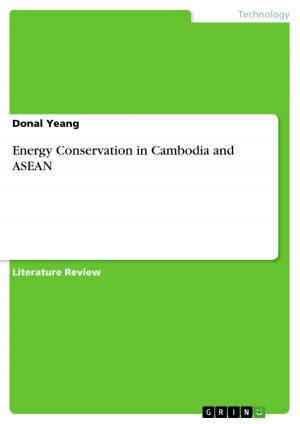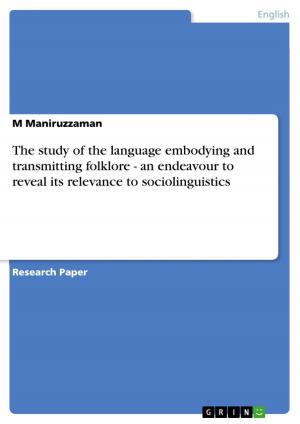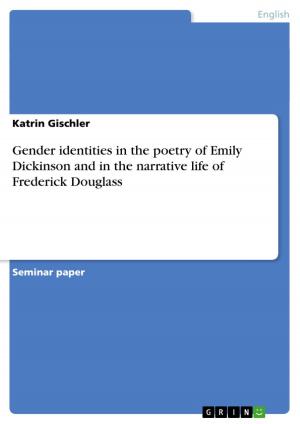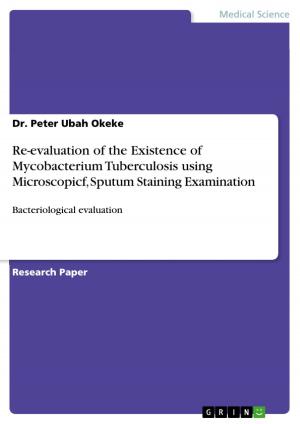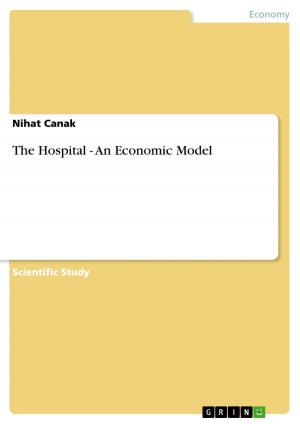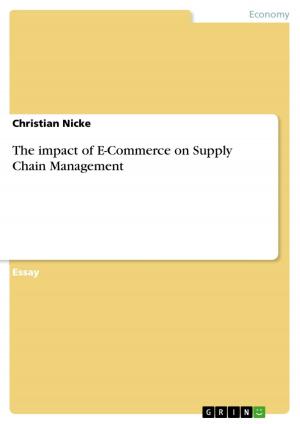Keep the Balance right - Ethical issues and the view to quarantine during the SARS outbreak
Ethical issues and the view to quarantine during the SARS outbreak
Nonfiction, Health & Well Being, Health| Author: | Kirsten Hermes | ISBN: | 9783640149353 |
| Publisher: | GRIN Publishing | Publication: | August 29, 2008 |
| Imprint: | GRIN Publishing | Language: | English |
| Author: | Kirsten Hermes |
| ISBN: | 9783640149353 |
| Publisher: | GRIN Publishing |
| Publication: | August 29, 2008 |
| Imprint: | GRIN Publishing |
| Language: | English |
Research Paper (postgraduate) from the year 2007 in the subject Health Science, grade: '-', Hamburg University of Applied Sciences ( Life Sciences), 28 entries in the bibliography, language: English, abstract: INFORMATION: This issue is in fact a final report, NOT A DRAFT Decision making in public health crises is associated with a high potential on ethical conflicts especially in restricting liberty measures such as quarantine. An effective and acceptable public health coping has the dual role of monitoring compliance and providing support to people in quarantine. The global 2003 nonmedical response to severe acute respiratory syndrome (SARS) and experiences in various states like China, Vietnam, Singapore or Canada with large - scale quarantine, raised ethical questions in seeking the right balance between the tension of protecting the public`s health and human rights and human needs. The loss of liberty, privacy and free movement as well as experienced psychosocial harm like fear, discrimination and stigmatization were discribed as collateral damage but found problematic, also for further successful voluntary compliance. .
Freie Autorin und Beraterin in Berlin.
Research Paper (postgraduate) from the year 2007 in the subject Health Science, grade: '-', Hamburg University of Applied Sciences ( Life Sciences), 28 entries in the bibliography, language: English, abstract: INFORMATION: This issue is in fact a final report, NOT A DRAFT Decision making in public health crises is associated with a high potential on ethical conflicts especially in restricting liberty measures such as quarantine. An effective and acceptable public health coping has the dual role of monitoring compliance and providing support to people in quarantine. The global 2003 nonmedical response to severe acute respiratory syndrome (SARS) and experiences in various states like China, Vietnam, Singapore or Canada with large - scale quarantine, raised ethical questions in seeking the right balance between the tension of protecting the public`s health and human rights and human needs. The loss of liberty, privacy and free movement as well as experienced psychosocial harm like fear, discrimination and stigmatization were discribed as collateral damage but found problematic, also for further successful voluntary compliance. .
Freie Autorin und Beraterin in Berlin.
